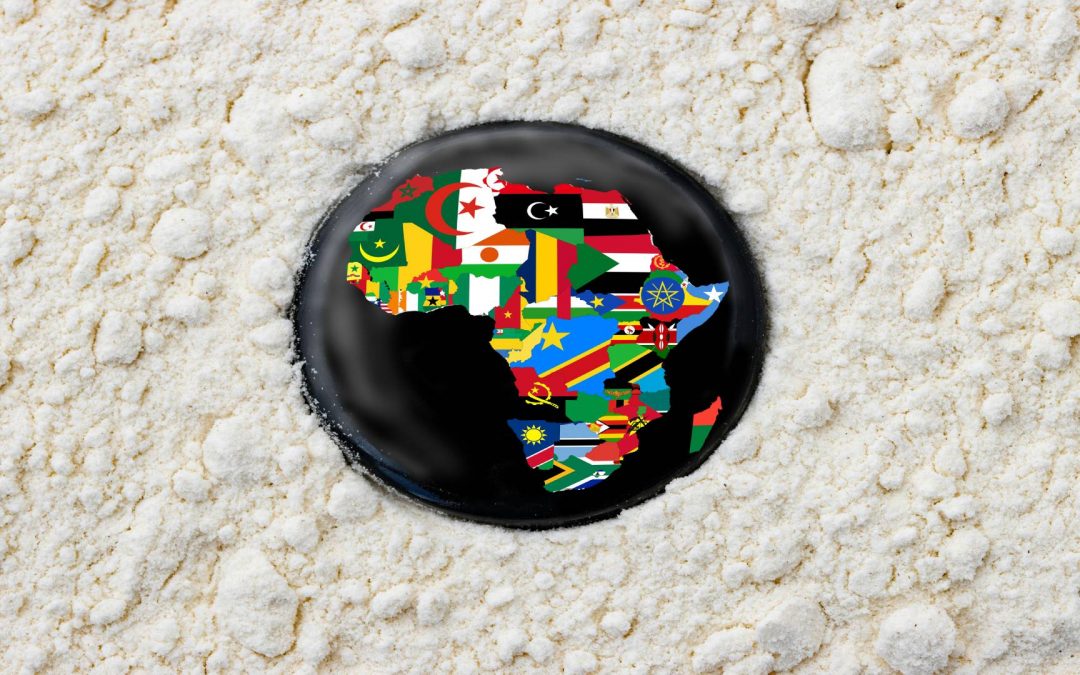This seminar is co-organised by Quentin Deluermoz et Didier Nativel and a result of the collaboration between the ICT (Identités, Cultures et Territoires), the CESSMA (Centre d’Etudes en Sciences Sociales sur le mondes africaines, américaines et asiatiques) and the GRIP. It is situated at a double crossroads. Firstly, the place of ‘Europe’ in global history is understood as the study of long-distance interconnections and includes a series of approaches (connected and comparative, transnational, colonial, imperial, trans-imperial…). It is also a history of non-European worlds whose own historicities in a long time span have been appreciated with greater finesse for the last forty years.

© Reserved rights
The seminar will mobilize the second crossroads, the angle of sensibilities and the manufacture of the sensitivity to approach the societies in question. Sensibility, which here includes the study of emotions, sensory balance, ways of apprehending time and space, the construction and mutations of relationships with the direct and more distant environments of societies, has indeed often served as a test of differentiation between “us” and “them” – around questions such as those of the refinement of morals, the pacification of societies or bodily labels. Yet these processes are found, in different forms, sometimes simultaneously in many parts of the world. This perspective invites us to revise certain in-depth conceptions forged in the era of modernity (if only the opposition between reason and emotion). In the same way, it allows us to better highlight the plurality of ways of being in the world and thus denaturalize our own “immediate” perceptive impressions. We will be particularly attentive to the circulation of sensitivities and devices for the production of the sensible as a result of Western expansion and to the material and bodily effects of this expansion in Europe (effects of mobility, consumption/appropriation of exoticisms, etc.). The study of the sensible cannot be separated from the study of social stratifications and the incorporation (or contestation) of power relations: the seminar will therefore focus on anchoring, material and spatial environments, as well as on practices, interactions and phenomena of circulation at different scales. The aim is to bring to life a certain heritage of French historiography within global studies; but also, through this double decentring, to break out of certain contemporary conceptual impasses in order to attempt to reinterrogate several of the great mutations that profoundly marked the eighteenth and nineteenth centuries under the term “modernity”. The aim is to bring a certain heritage of French historiography to life within global studies; but also, through this double decentring, to break out of certain contemporary conceptual deadlocks in an attempt to reinterrogate several of the great mutations that profoundly marked the eighteenth and nineteenth centuries under the term “modernity”.
5th October 2023 , from 10 to 12.30PM
Speakers: Charlotte Marchina (INALCO, IFRAE) and Pierre-Olivier Dittmar (EHESS, CRH) will present Human/animal relations
Site: Room 890 C, building C, Campus Grands Moulins
Zoom link: https://u-paris.zoom.us/j/86488785649?pwd=ckNZYmFpb013empLRldKNytnQk5rdz09
À lire aussi

2nd May 2024, last session PhD seminar – ICT
For its last session of the semester, on Thursday May 2 from 5 to 6.30pm, the ICT seminar will focus on an increasingly important historical approach: the history of sensibilities and emotions. © Reserved rights For its final...

Call for proposals 2024-2025, GRIP
GRIP launches a new call for proposals 2024-2025. We invite you to have a look at the conditions and to apply for! © Reserved rights GRIP launches a new call for proposals 2024-2025. We invite you to have a look at the conditions...

Call for papers- International symposium 27th November 2024
The GRIP in partnership with the laboratory of the LIGUE of the University of Manouba in Tunisia organize a symposium on the theme Societal engagement of organizations and sustainability in Africa: catalysts for resilience in the face of multiple crises?...

International GRIP seminar – 27 and 28 March 2024
The GRIP has the pleasure to organise an international seminar between the 27th and 28th March 2024. This seminar is intended to discuss the results of the the project “A comparative analysis of open science, access and circulation of knowledge in Latin...
